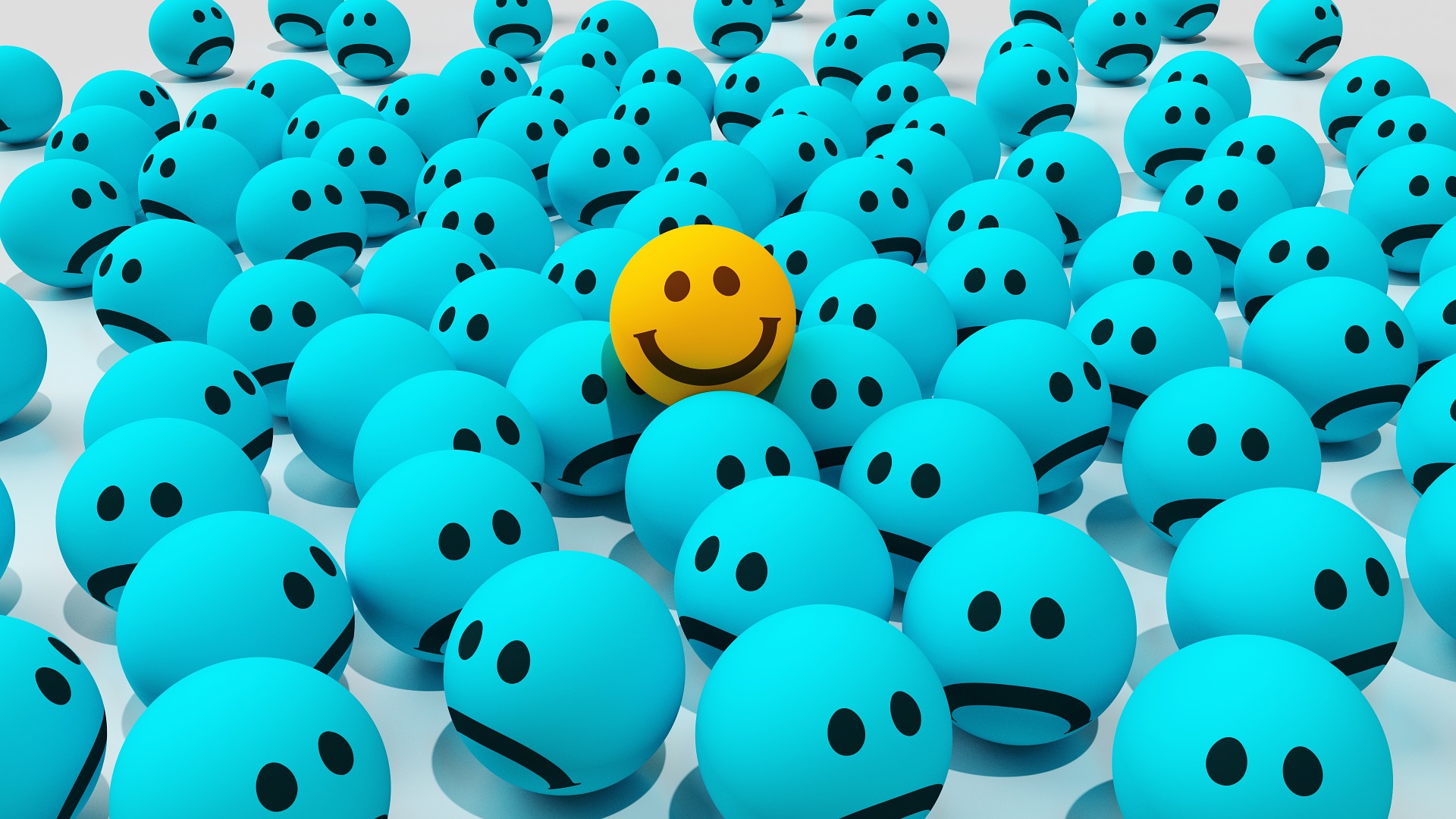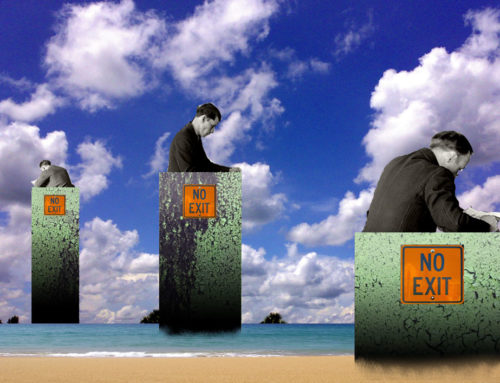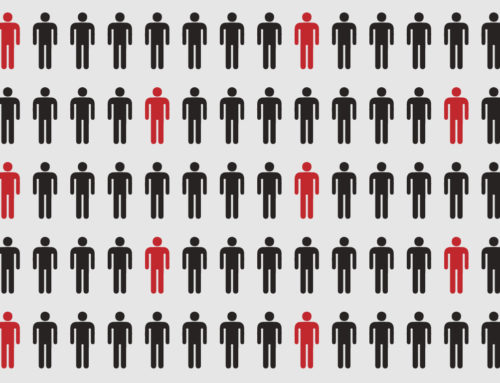By: Dan Corjescu
(Optimistically dedicated to Steven Pinker)
In a world suffering from a global pandemic, it would be both easy and understandable to be morosely pessimistic. Yet, even here, amidst frantic calls of doom, there are some good reasons for optimism.
After a mere ten months, the world has been able to produce at least three vaccines capable of effectively combating Covid-19. This is unprecedented and reveals the highly positive side of our current world order. A world order rich enough, smart enough, and organized enough to save it itself and learn from its errors when its collective will is called upon.
Indeed, despite the constant media drumbeat of gloom, despair, and confusion, there is much to be optimistic about. In the last fifty years, living standards, on average, have risen around the globe, infant mortality is down, life spans are longer, extreme poverty is in retreat, minorities and women are more respected and secure, and the great powers have remained at peace.
If you don’t believe that all this good news (and much, much more) is true, I recommend that you read four “optimistic” books explaining in detail why there is much to be thankful about: Robert Wright’s Nonzero, Matt Ridley’s The Rational Optimist, Stephen Pinker’s Enlightenment Now, and Hans Rosling’s Factfullness. What all these books have in common is that they are backed by statistics, facts, and solid arguments which explain that Yes, Virginia, there is such a thing as Progress. Progress in health, with the environment (despite climate change), with the economy, and even in overall levels of happiness and well-being. And if these entertaining reads prove not to be enough for you, you can always get your daily dose of graphic (as in statistics) good news from this informative website: informationisbeautiful.net
Alas, however, such news does not help sell newspapers nor make for spectacular careers in the arts, politics, and the universities. The pessimist is almost always revered while the optimist is almost always regarded as a fool with a sunny disposition. But what if the opposite were really the case? That hand-wringing, doom-saying, and apocalyptic thinking has been almost always profoundly wrong, at least since the beginning of the industrial revolution? Indeed, apocalyptic, deeply pessimistic thinking has had a long if prognostically unsuccessful run in the history of ideas: ranging from the Ancient Greeks, through Rousseau and Marx, Oswald Spengler, the Frankfurt School, and most recently some of the more radical voices on the fringes of the ecological movement. A book which succinctly captures and explains this gloomy pedigree with wit and insight is The Idea of Decline in Western History by Arthur L. Herman. It is a book that will give you a fascinating long-term perspective on some celebrated intellectual merchants of doom and their predictive success rate.
Yes, but—you might say—surely there have been devastating wars and other social, political, and ecological catastrophes during the last two hundred years—and you would be right. But aside from the fact that despite two devastating world wars the overall human population increased substantially (and that percentage-wise the global casualties were about the same or less as compared to the more fierce past (and sometimes present) encounters between hunter gatherer groups—see Ian Morris’ War! What is it Good For? and Azar Gat’s monumental War in Human Civilization) the world has had one more recent, neat trick up its sleeve: reflexive modernity.
Reflexive modernity, a concept developed by the sociologists Ulrich Beck and Anthony Giddens among others, explains why sometime after 1945 the world moved from what could be termed “unconscious” modernity, where science and technology developed without worrying about the consequences of its further development, to a world where what humanity “did” was reflexively examined for its potential future risks. In effect, it was the next culturally logical step in the application of science and general reason. That it was not enough to build a scientific-industrial civilization, but that it was necessary to examine it, question it, and normatively guide it.
Bombs, vaccines, nuclear power plants, and robot sex dolls can and will be produced, but what is crucial is to ask to what ends and within what social and political matrices. The products and services of modernity must be thought through and constantly reexamined within the web of possible consequences. True progress can only come about through a consilience between means and ends.
It is perhaps here that we have the greatest grounds for promulgating an ideology of incautious optimism. Ever since the end of the last World War, modern people have learned a great deal about tolerance, cooperation, peace, technology, and yes, even love. But the mere accumulation of this knowledge has not been sufficient. An elaborative groundswell of new norms based on the older Enlightenment values of individual respect, personal inquisitiveness, rational freedom, and the liberating influence of science has swept the world, even as many notable intellectuals in the twentieth and twenty first century downplayed and ridiculed them. Despite their elitist contempt, the world has become more free, richer, healthier, and yes, happier than ever before (read the above mentioned books to put a befuddled or indignant? smile on your face).
The story of this truly stirring ascent has been by no means straight. That’s something that even Hegel knew when he famously described the history of the world as a dramatic dialectical pas de deux, where progress was achieved through human tragedy (upon the “slaughter bench” of history as he said). But, in a world of reflexive modernity, we take two steps into the future, sometimes stumbling and false, retrace them, and then take yet more firmer, surer steps towards a more enlightened state of being. There is indeed far more processual and factual basis to actual palpable progress, especially during the last two hundred years, than there is to apocalyptic millenarianism of all kinds whether Rousseauist, Marxist, or Racist.
Being an optimist does not mean one is either naive or uninformed. Quite the contrary. To be an optimist is to be highly familiar with the historical situation of mankind throughout most of its existence. An existence blighted by the four horsemen of the apocalypse: War, Famine, Plague, and Death, and I would add: Ignorance. It is this last one that is perhaps the deadliest. Because it is a situation of mind and spirit that perpetuates the first four lugubrious maladies indefinitely. It is thus not without great insight that Alfred North Whitehead’s words reveal that ‘the greatest invention of the nineteenth century was the invention of the method of invention’. We could perhaps equally say that the greatest invention of the twentieth century was to immediately rethink what we have just invented. Increased power calls for ever increasing caution and profound deliberation as to its consequences.
And one more thing. This time on practical moral grounds. A cautiously optimistic people are perhaps a people more open to change, more open to cooperation, more open to forgiving mistakes in themselves and others, and perhaps even more daring in the private endeavors of both love and mercy. Therefore, there is perhaps much to be gained in the social synergy that is potentially available in the spreading of an optimistic outlook.
Let the pessimists of the world tremble accordingly, for our motto for the new century is: Dare to be optimistic!
Dan Corjescu teaches Political Philosophy and Globalization at Zeppelin University in Friedrichshafen, Germany
Image by Magic Creative from Pixabay
POLITICAL ANIMAL IS AN OPEN FORUM FOR SMART AND ACCESSIBLE DISCUSSIONS OF ALL THINGS POLITICAL. WHEREVER YOUR BELIEFS LIE ON THE POLITICAL SPECTRUM, THERE IS A PLACE FOR YOU HERE. OUR COMMITMENT IS TO QUALITY, NOT PARTY, AND WE INVITE ALL POLITICAL ANIMALS TO SEIZE THEIR VOICE WITH US.










Leave A Comment